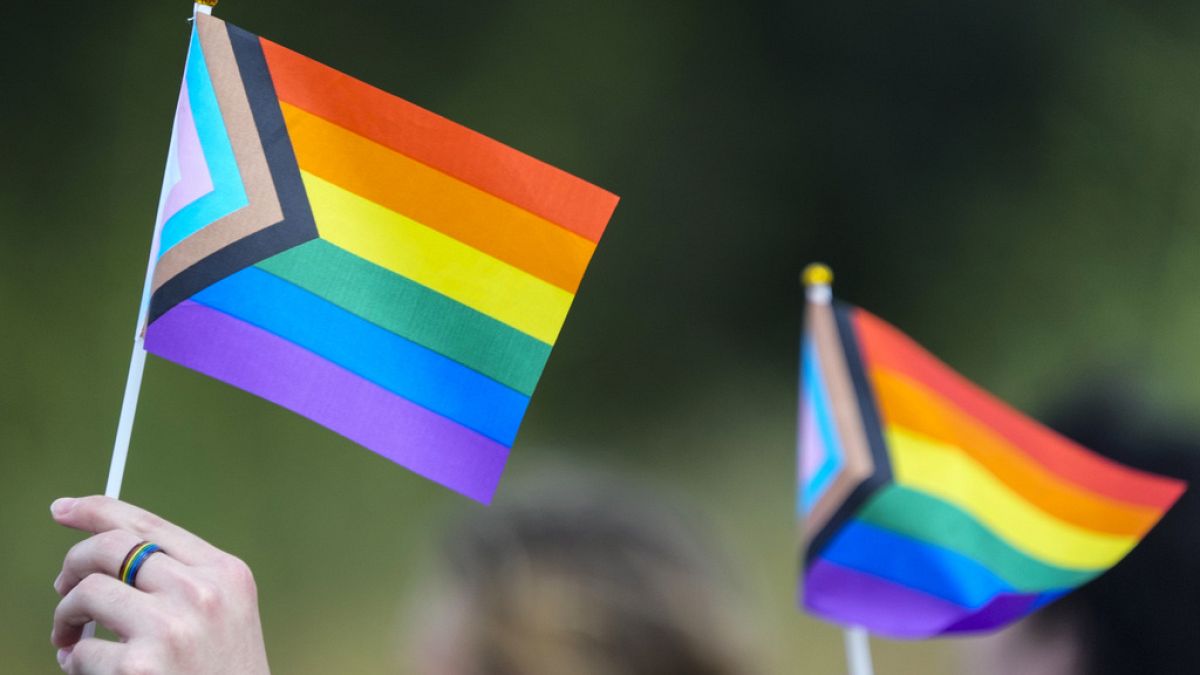The European Court of Justice’s recent ruling emphasises the importance of recognising gender identity changes legally undertaken in another EU member state. The case involved a British-Romanian citizen who transitioned from female to male and obtained legal recognition of their new identity in the United Kingdom. When the individual requested for their change of gender to be reflected on their birth certificate in Romania, the local authorities refused and asked them to undergo a new procedure in the country. This refusal was deemed as a violation of the individual’s rights and a hindrance to their freedom of movement and residence within the EU.
The ECJ’s decision highlighted that the refusal by Romania to acknowledge the UK-issued gender recognition documents was unjustified. It also stated that initiating new proceedings in the country of origin could potentially lead to a different outcome from what was legally granted by the UK authorities. Additionally, the court clarified that the timing of the request, which occurred after the UK’s exit from the EU, did not impact the validity of the documents. This ruling serves as a significant step towards ensuring legal protection for transgender individuals across the EU and emphasises the need for conformity with European Court of Human Rights’ standards.
The European Court of Human Rights had previously ruled against Romania in 2021 for not recognising the gender identity of two transgender individuals who had not undergone gender reassignment surgery. This further underscores the importance of providing a legal framework that aligns with human rights standards for gender recognition. Organizations like ILGA-Europe have expressed their support for the recent ECJ ruling, citing its positive impact on enhancing legal protection for transgender individuals within the EU. The decision marks a crucial milestone in advocating for the rights of trans people and advancing equality across member states.
The case involving the British-Romanian citizen reflects the complexities that transgender individuals face when seeking legal recognition of their gender identity across different jurisdictions. The ECJ’s ruling sets a precedent that promotes the harmonisation of laws related to gender recognition within the EU, ensuring that individuals are not subjected to unnecessary obstacles when asserting their identities. By emphasizing the importance of mutual recognition of legal gender changes between member states, the court’s decision serves as a significant advancement towards upholding the rights of transgender individuals and promoting inclusivity within the EU.
The refusal by Romania to acknowledge the gender identity change of the British-Romanian citizen raises questions about the level of legal protection afforded to transgender individuals within the country. The ECJ’s ruling underscores the need for member states to adopt legal frameworks that respect the rights of transgender individuals and comply with EU law. By affirming the importance of recognising gender identity changes legally undertaken in another member state, the court’s decision reinforces the principles of equality and non-discrimination enshrined in EU legislation. This landmark ruling sets a precedent for promoting respect and acceptance of diverse gender identities within the EU.
Overall, the European Court of Justice’s recent ruling on the recognition of gender identity changes underscores the imperative of upholding the rights of transgender individuals within the EU. By affirming the importance of mutual recognition of legal gender changes between member states, the court’s decision serves as a crucial step towards advancing equality, inclusivity, and non-discrimination across the European Union. The ruling reaffirms the need for member states to adopt legal frameworks that respect the rights of transgender individuals and align with international human rights standards. Moving forward, it is essential for the EU to continue advocating for the protection and recognition of gender diversity, fostering a more inclusive and equitable society for all.











